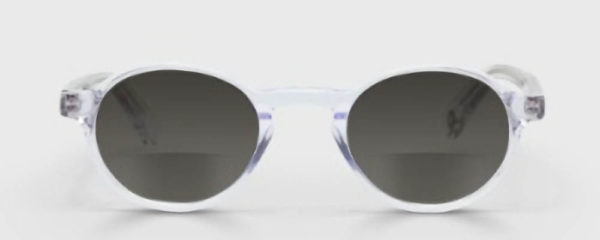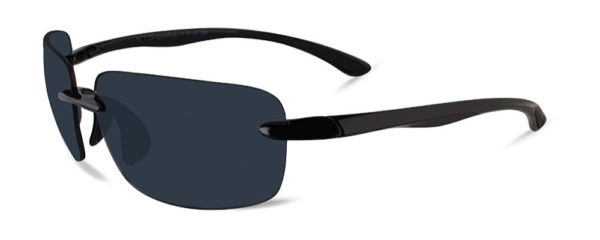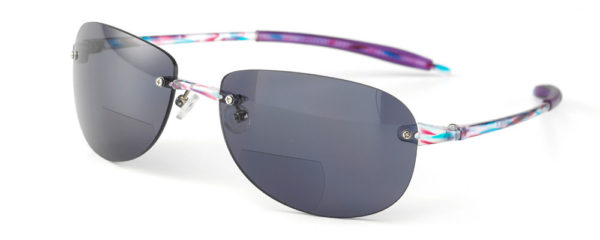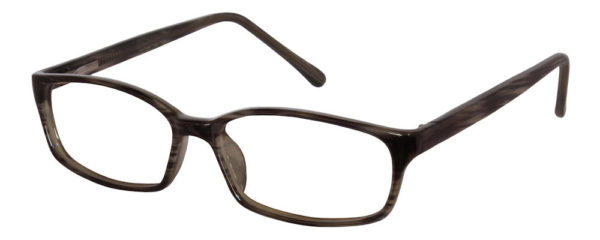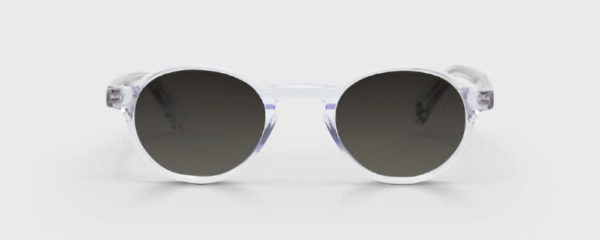Fighting Cataracts With Your Fork
Fighting Cataracts With Your Fork
 Poor nutrition contributes to the development of cataracts, so eat a healthy diet that includes these five foods to help with cataract prevention.
Poor nutrition contributes to the development of cataracts, so eat a healthy diet that includes these five foods to help with cataract prevention.
Cataracts affect more than 24 million Americans and are a leading cause of vision loss. Surgeons perform more than two million cataract surgeries per year to remove cataracts and restore vision. Researchers predict if patients could delay cataract progression by ten years, cataract surgeries would decrease by almost half.
Staying out of the sun is the best way to prevent cataracts, but proper nutrition can help prevent or delay cataracts as well. Here are five foods to help prevent cataracts and fortify your eyes.
Salmon
Have you ever wondered why salmon is so colorful? The vibrant color comes from astaxanthin, a carotenoid that protects the eyes from free radical damage that can cause cataracts. Salmon also has more omega-3 fatty acids than any other fish. Omega-3s help prevent dry eye, cardiovascular disease and cataracts.
Suggestion: Bake, grill or poach your salmon. Use the leftover salmon as the protein for your entrée salad, or make a salmon spread and serve with whole grain crackers.
Walnuts
Walnuts contain antioxidants, vitamin E, zinc and B-vitamins that reduce inflammation. Walnuts also have high amounts of alpha-linolenic acid, the plant equivalent of omega-3 fatty acids.
Suggestion: Sprinkle walnuts on a salad, yogurt or hot cereal. Make homemade trail mix with walnuts, seeds and dried fruit.
Carrots
Carrots get their orange color from lutein, a common component of many orange fruits and vegetables. Carrots also contain zeaxanthin, an antioxidant that absorbs dangerous ultraviolet rays from the sun.
Suggestion: Eat carrots raw to gain the maximum nutritional benefit, and enjoy the natural sweetness.
Bilberries
Bilberries are the cousins of blueberries. They are dark blue to purple berries native to Europe, North America and Asia. Indigo-colored berries have high amounts of anthocyanins, which reduce inflammation and nourish blood vessels in the eyes.
Suggestion: Add fresh, dark bilberries to yogurt, salad or granola during spring and summer when they are in season. During the off-season, purchase dried bilberries and sprinkle them on your morning oatmeal.
Oysters
Oysters contain a higher amount of zinc than any other seafood or meat. Zinc is known to protect the eye lens from degeneration, so incorporate oysters, beef, pork and nuts into your diet.
Suggestion: Dry cooking methods like baking, roasting or grilling can compromise levels of zinc in oysters, so steam them or make oyster stew.
Poor nutrition affects the eyes as well as the body. Research links cataracts to diabetes and heart disease, two chronic diseases related to obesity, poor diet and lack of exercise. Remember to eat a healthy diet and exercise regularly to promote good health and prevent cataracts.
Make an Appointment for a Comprehensive Eye Exam
Talk to your ophthalmologist about more ways to keep your vision healthy and prevent cataracts. Yearly comprehensive eye exams can detect cataract formation, so make annual appointments for your whole family. Click here and enter your zip code in the top right corner to find a physician in your area.
Related Articles
No Reason to Wait: Benefits of Early Cataract Surgery
Diabetes Increases Your Chances of Developing Cataracts
Foods for Eye Health that Children Love




